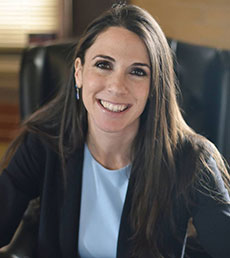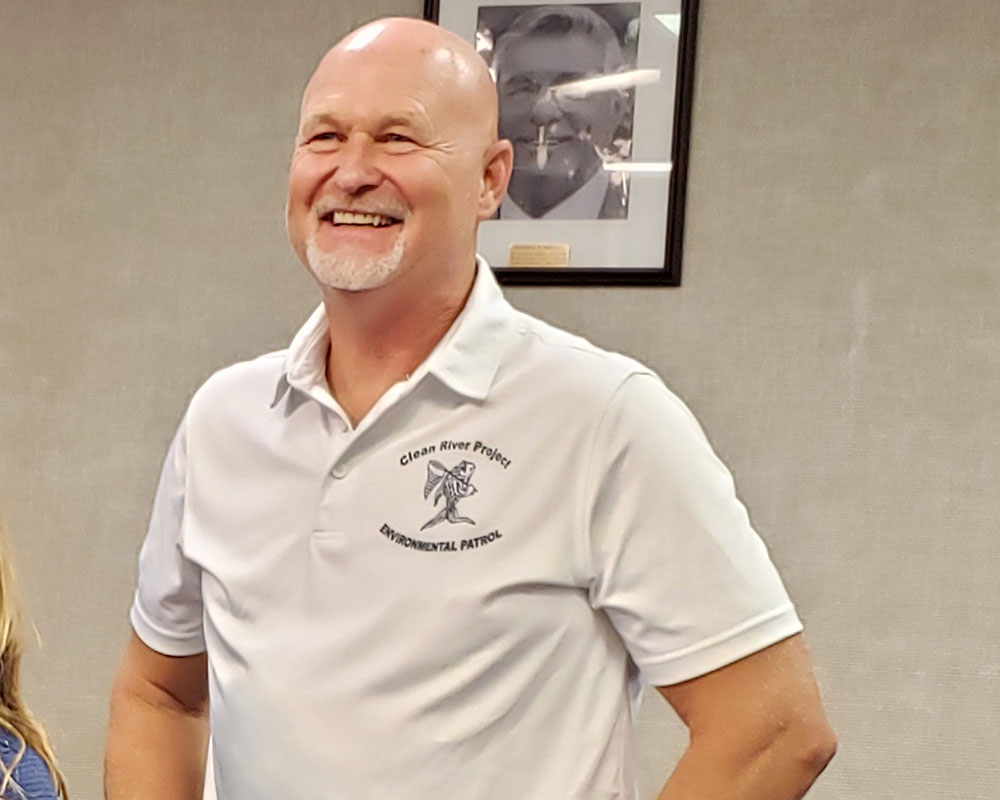The man largely taking on the job of cleaning the Merrimack River says a new sewer discharge notification law doesn’t go nearly far enough, and the targets of his frustration agree with him.
Rocky Morrison, whose Clean River Project has been clearing debris from the river for 16 years, told WHAV News yesterday that wastewater treatment plants must be forced to pay penalties. He said legislators don’t see what he does.
“They don’t see the condoms. They don’t see the applicators. They don’t see the hypodermic needles, the microplastics, the black foam that comes out of the sewerage pipes, the stench. They don’t see any of this and for them to just give them an easy pass is ridiculous,” he said.

Sen. Diana DiZoglio. (File photograph.)
Sen. Diana DiZoglio, one of the legislators who championed the notification law, responded the bill signed by Gov. Charlie Baker this week is just one “positive” step. “We have so much more work to do and I am so thankful that we have such tremendous advocates across the Merrimack Valley for the Merrimack River. We look forward to continuing these efforts alongside of them,” she said.
Merrimack River Watershed Council President Daniel Graovac said legislators and other officials have, in fact, witnessed abuse of the river. “There were 10 of us that kayaked the entire Merrimack River and had one of the biggest CSOs (combined sewer overflows) of the summer during that trip. Sen. DiZoglio was on that trip. Rep. (James) Kelcourse, Linda Dean Campbell, who was a big sponsor of the CSO bill that just passed, was on a portion of that trip. We saw it firsthand. We saw trash. We saw garbage. We saw shopping carts and we saw syringes. We did see it all,” he said.
Besides notifying the public of discharges, Morrison said, there should be consequences for treatment plants.
“I would have put a penalty in there for every gallon that is being dumped—released into the Merrimack River. There’s either five cents or 10 cents put on each gallon that goes back into the preservation and cleaning of the river. That’s what should have been written in that bill,” he said.
Morrison said the penalties would help pay for river cleanup especially since communities along the river complain about the cost. “When you come to Haverhill, whose crying that they don’t want to put no money into it or Andover—one of the wealthiest towns—they don’t want to put no money into it. They feel it is somebody else’s problem,” he said.
DiZoglio, who appeared with Baker, Rep. Linda Dean Campbell and others for the ceremonial bill signing this week, has her own list of tasks that must be completed, beginning with money from Washington.
“In particular, we need to make sure infrastructure updates, which are also long overdue, take place. That’s why I am so grateful to our federal delegation for fighting hard for those funds to come back,” she explained.
Besides federal help, DiZoglio said, more action will be advancing in the state legislature to protect all waterways of the Commonwealth.
